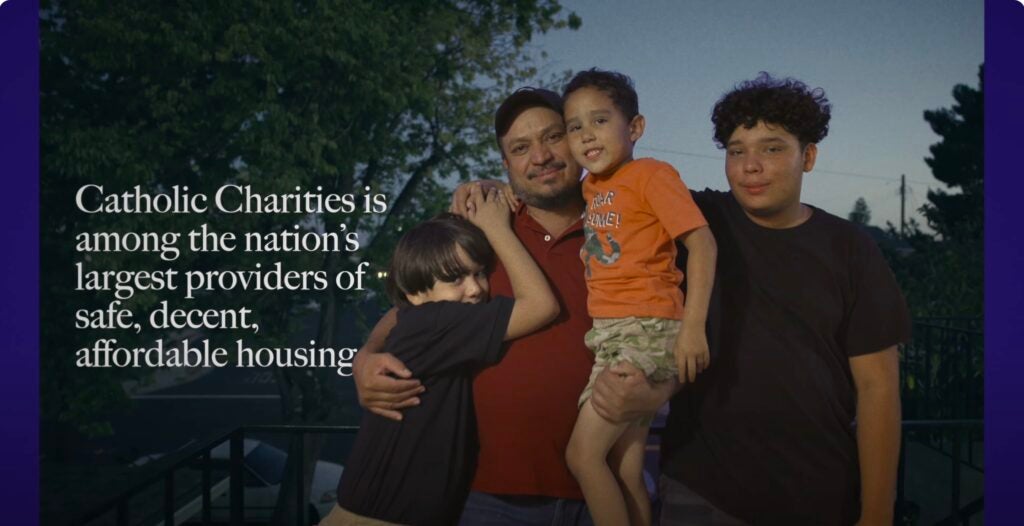

One-third to one-half of ex-offenders re-offend and return to prison within three years of their release. Part of the problem is their lack of connection with their community, which is why helping ex-offenders establish a connection is at the heart of the two prison re-entry programs run by Catholic Charities of the Archdiocese of Dubuque in Iowa.
The Mentoring Program matches ex-offenders with volunteer mentors, who meet with the ex-offenders weekly to provide encouragement and support and build a friendship that promotes constructive attitudes and law-abiding behavior. From there, ex-offenders can move on to Circles of Support and Accountability, where a group of volunteers works with an ex-offender for several months, helping him or her set and achieve goals, learn new ways of interacting, and resolve the problems that resulted in prison in the first place.
“When people get out of prison, they feel they have this mark on them, that the community has rejected them. They have no feeling of belonging,” said Deacon Bill Hickson, director of the prison ministry and re-entry programs of Catholic Charities in Dubuque. “Only when we reach out do they feel a part of the community.”
Circles of Support and Accountability is based on the concept of restorative justice, which looks at the crime as a violation of people and relationships and seeks to repair as much as possible the damage done. Bringing together community members, offenders, and victims (if the victims agree) fosters dialogue, understanding, and healing.
“The Circles model really does provide an opportunity for restoring and teaching,” said Hickson. “The ex-offenders learn they are valued, which brings about such a transformation. Their confidence grows as well as their ability to listen and express themselves.”
That transformation occurs because the volunteers treat the ex-offenders equally, as sisters and brothers, without judgment.
“When we involve the community in reaching out to involve ex-offenders in a constructive way, they are less likely to return to jail, which is good for them and the community,” said Hickson. “If we can reduce crime and harm done, it is a respect for life. If we make a safer community, we raise the quality of life for everyone.”








